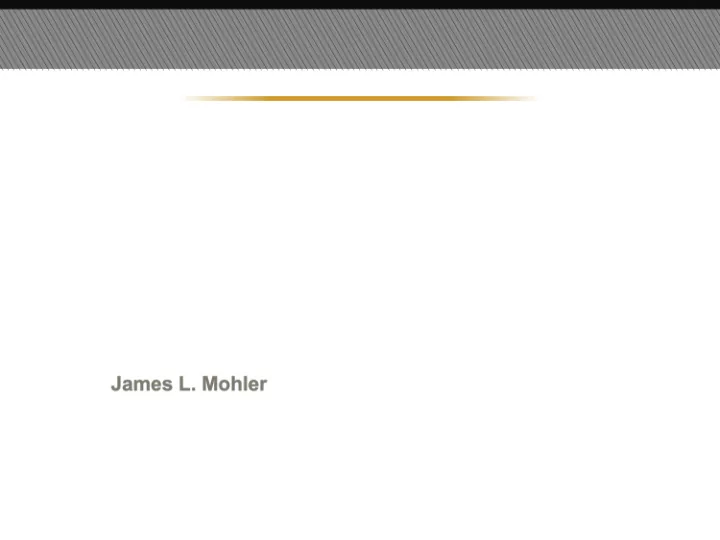

Research Integrity Office Purdue Research Integrity Officer Office of the Provost Ph. 4-3844 researchintegrity@purdue.edu jlmohler@purdue.edu
Goals of the RIO • Protect the integrity of the research record • Steward the RM Policy and Procedures • Ensure due process and procedural justice • Represent Purdue at national level • Promote research at all campuses (RCR training)
HTTP://WWW.PURDUE.EDU/PROVOST/RESEARCHINTEGRITY/
FEDERAL REGULATIONS • U.S. Office of Science and Technology unified Research Misconduct Policy 65 FR 76260 • Public Health Services Policies on Research Misconduct 42 CFR 50 and 93 (U.S. Department of Health & Human Services Office of Research Integrity, which includes the National Institutes of Health) • National Science Foundation 45 CFR 698 • Department of Defense Instruction Number 3210.7 • NASA 14 CFR 1275 • Department of Energy 10 CFR 722 • Department of Veteran’s Affairs Handbook 1058.2 • National Endowment for the Humanities Research Misconduct Policy • Environmental Protection Agency Policy and Procedure for Addressing Research Misconduct
WHAT IS “RESEARCH MISCONDUCT”? • Conduct by a Purdue Associate taking place at Purdue or in connection with Purdue research that constitutes Fabrication, Falsification or Plagiarism • Culpable Intent – Honest error vs. Wreckless – Knowing - Intentional • In proposing , performing , reviewing or reporting , or publishing research results.
WHAT IS NOT “ RESEARCH MISCONDUCT” • Being wrong or controversial • Authorship disputes • Issues of credit, acknowledgement, citation • Relational disputes between co-authors • Student-advisor relationship disputes • Intellectual property disputes • Conflicts of interest • Human and animal research subject issues • “Questionable Research Practices”
REPORTING RESEARCH MISCONDUCT • RIO processes allegations of potential research misconduct: – By any Purdue associate § e.g., students, staff, post-docs, visiting scholars, faculty – Within the last six years (some exceptions) • Anyone can make allegations • All Purdue associates required to report observed potential research misconduct • Allegations reported via any means of communication – Purdue Research Integrity Officer § researchintegrity@purdue.edu – Provost – via Purdue Hotline: 1-866-818-2620
RESEARCH MISCONDUCT PROCEEDINGS 1. Initial Assessment (by the RIO) 2. Inquiry (by an appointed “Inquiry Ctte”) 3. Investigation (by appointed “Investigation Ctte” 4. Appeal of Finding(s) 5. Sanctions 6. Appeal o f Sanction(s)
WHO IS INVOLVED TYPICALLY? • Complainant • Respondent • Provost • Involved Dean • Chair, Faculty Affairs Committee, Faculty Senate • Inquiry Committee • Investigation Committee – Respondent’s Advisor/Representative (if they choose) – Expert witnesses, other witnesses, as needed
CONFIDENTIALITY • Required by the Research Misconduct Policy • Violations may be considered misconduct • Complainants encouraged to come forward • Purdue Hotline always anonymous option – Proceedings tips difficult without cooperation of complainant – Inquiry criterion: Is the allegation sufficiently specific and credible so that potential evidence of research misconduct may be identified and gathered?
HOW CAN YOU SELF-MONITOR? • Discuss and promote research integrity best practices – Encourage open and regular dialog about research ethics • Take the CITI online course on responsible conduct of research – Available to all Purdue associates • Use iThenticate to monitor plagiarism – All faculty have free account from Purdue – Scan all papers and proposals prior to submission • Take GRAD 61200 Responsible Conduct of Research
Research Integrity Office Purdue Research Integrity Officer Office of the Provost Ph. 4-3844 researchintegrity@purdue.edu jlmohler@purdue.edu
Recommend
More recommend